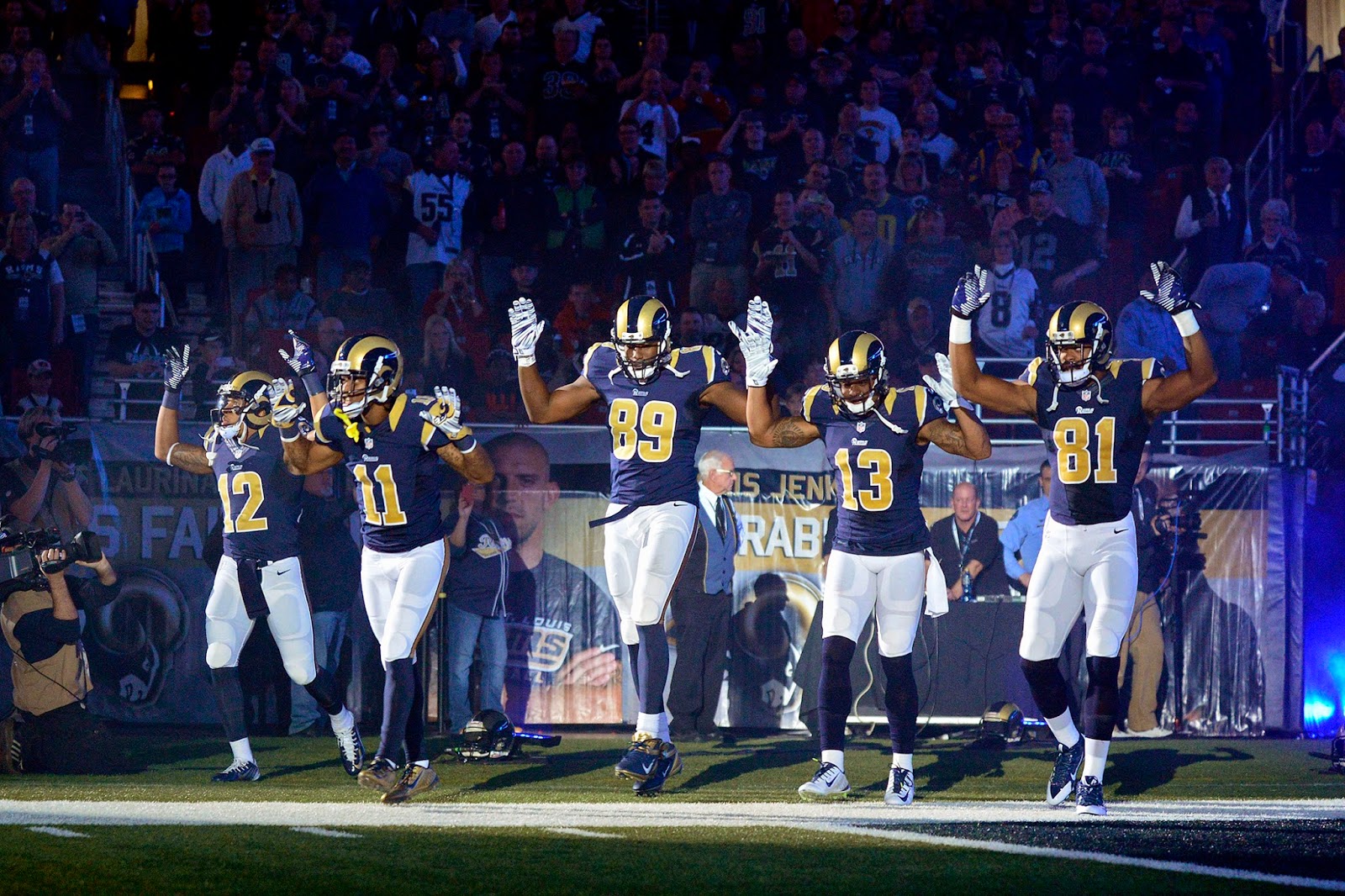A few years ago, I had a very interesting conversation with my dad. We had been chatting about football (go figure) and he made the comment that I was lucky he didn't know anything about concussions when I was in school or there was no chance I would have ever played football. I was a little floored by this comment, but after I thought about it he had a point.
During my junior and senior seasons (between football, baseball and basketball) I was diagnosed with five concussions. At the time there wasn't as much awareness of the dangers that multiple concussions could render on the brain. In the small school I attended we didn't have a medical staff or athletic trainer so often times a coach would ask me how I was and I would head back into the game. The worst experience came when I was a junior. I was playing fullback and our quarterback tossed an interception. I was able to grab the defender from behind and I was pulling him back in attempt to slow his forward progress. As I was doing this my teammate speared the pile from behind and the defender rolled over my body and bounced my head off of the turf. I was stabilized and carted off the field. After several tests I was diagnosed with a concussion. The doctor didn't give much direction on my pathway back to the football field. I sat out two games and with my father's blessing I returned to play in the playoff game.
I learned that my dad continually feels guilt now that he knows the danger I was in by playing again. Another serious concussion could have led to lingering issues, paralysis or even death. "Had I known," he said, "you would've never laced up another pair of cleats." It brought on an interesting conversation about my future children. My answer is I don't know. I love the game, I cherish my experience and I continually refer to life lessons I learn from the gridiron. However, what was the cost of these things. I often suffer from severe migraines, irritation to light and insomnia all of which have been attributed to my history of concussions. I've even been diagnosed with three since I graduated from high school.
In short when my future son asks me if he can play football I don't know what I would say. I would love to do "what's best" for him, but what does that mean? Will the game be as violent and risky by the time that conversation happens? Will rules be established to make things safer? Will medical treatment be available to prevent or treat brain injuries and other injuries? Will my son even want to play? I don't know what the answer would be and maybe I'll be lucky and only have daughters.






